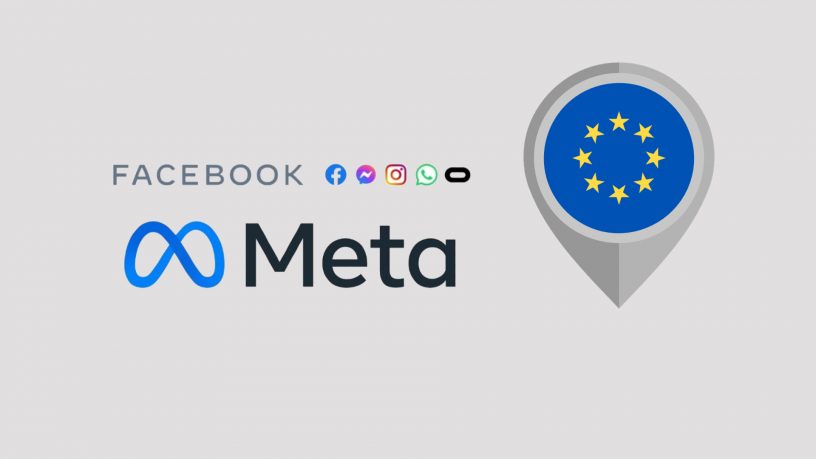Last week Meta released its annual report, in which it threatened to pull products and services from Europe, including Facebook and Instagram, if data transfers from the EU to the US was prevented due to the absence of an international agreement.
Strict privacy rules that protect internet users throughout the European Union may provide a significant challenge for Meta, as it depends heavily on international data transfer, in order to process and store it at data centers in the United States.
In July 2020, a top European court ruled that the most current data transfer agreement between the EU and the US is invalid because US companies do not provide enough protection for EU citizens against government surveillance.
Standard contractual clauses have permitted data transfers to continue for the time being while a new agreement is being drafted. Due to the uncertainty surrounding EU-US data transfers, Meta is concerned that they will be unable to maintain operations and has warned that major products and services, such as Facebook and Instagram, may be pulled from Europe.
“We have absolutely no desire and no plans to withdraw from Europe, but the simple reality is that Meta, and many other businesses, organizations and services, rely on data transfers between the EU and the US in order to operate global services,”Â
Meta spokesperson stated
META is among the big and small companies that are concerned about the uncertainties surrounding data transfer between the US and the EU.
This situation may force US-based tech companies with global operations to take a stand against the weak data privacy laws in the US as well as government and law enforcement requests for data. But unfortunately, historically, it ends up the other way around – with governments caving in to the social media giant’s demands and the privacy status quo staying as-is.






